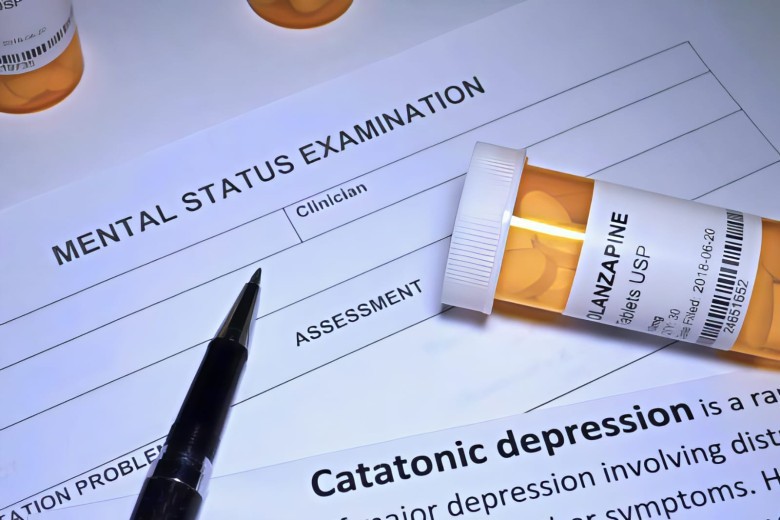
A young Chinese woman experienced a severe psychological breakdown after being reprimanded by her supervisor at work. According to a report from the South China Morning Post, Li, who is from Henan province, became catatonic, ceasing to eat, drink, or move due to the trauma. The report indicated that Li was scolded by her team leader for work-related issues, which left her feeling distressed and ultimately led to a complete emotional and physical shutdown. Her condition worsened over time, severely impairing her physical abilities. Her family noted that if they removed the pillow from under her head, it would hang limply, unable to support itself. She also gradually lost control over basic bodily functions, requiring constant assistance from her family for activities like using the toilet.
Li Suffered from Catatonic Stupor
When Li was admitted to the hospital, doctors described her as resembling a "wooden figure," unable to move or respond. Dr. Jia Dehuan, her physician at Zhengzhou Eighth People's Hospital, diagnosed her with catatonic stupor, a severe symptom of depression characterized by immobilization, unresponsiveness, loss of motor control, and withdrawal from reality. Dr. Jia explained that this rare and extreme manifestation of depression is often triggered by intense emotional trauma. He noted that Li was an introvert who struggled to express herself, and small triggers contributed to her condition, which is now being treated.
What is Catatonic Stupor?
Catatonic stupor, also known as catatonia, is a psychomotor disorder that affects the connection between mental function and movement, impairing a person's ability to move normally. Those with the condition may experience a range of symptoms, including an inability to move, speak, or respond. Experts note that catatonia can last from a few hours to weeks, months, or even years and may reoccur long after the initial episode.
What Causes Catatonic Stupor?
Several factors can trigger the onset of catatonia, including:
- Neurodevelopmental disorders
- Psychotic disorders
- Bipolar disorders
- Depressive disorders
- Cerebral folate deficiency
- Autoimmune diseases
Signs and Symptoms of Catatonia
Symptoms that may indicate catatonia include:
- Stupor, which leaves a person unable to move, speak, or express emotions
- Posturing, where a person remains in the same position
- Malnutrition and dehydration
- Echolalia, where a person repeats phrases from conversations
- Muscular rigidity
- Negativity
- Mimicking another person’s movements
- Mutism
- Restlessness
- Rigidity
- Fluctuations in vital signs such as blood pressure, breathing, and heart rate
Who is at Highest Risk for Developing Catatonia?
Doctors indicate that women are at a higher risk of developing catatonia, with risk increasing with age. Although catatonia has traditionally been linked to schizophrenia, it is now recognized as a separate disorder. Statistics show that approximately 10 percent of severely ill psychiatric inpatients experience catatonia, with at least 20 percent having a schizophrenia diagnosis and 45 percent diagnosed with mood disorders. Women with postpartum depression may also experience catatonia. Other risk factors include:
- Recurrent use of cocaine
- Low sodium levels in the blood
- Use of certain medications, such as ciprofloxacin











